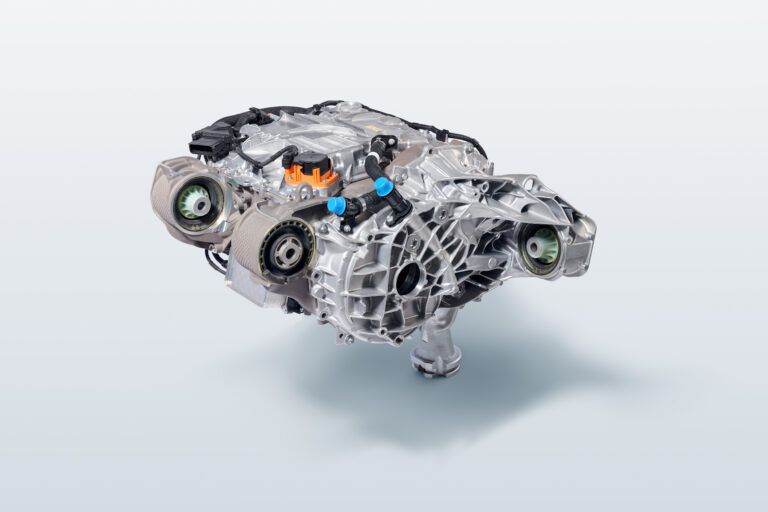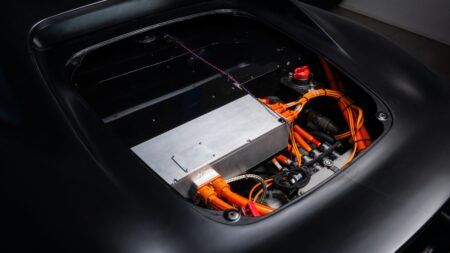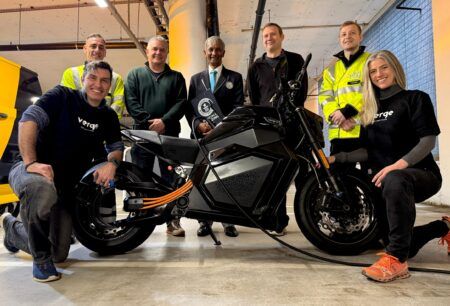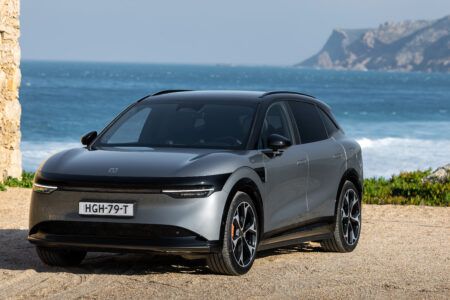BMW Group has unveiled its sixth generation of electric drive technology (Gen6) at a Tech Days event in Landshut, Germany. The new technology will debut in the first Neue Klasse model, which enters production this year at Plant Debrecen in Hungary.
The Gen6 system introduces significant improvements to BMW’s EV capabilities, including a 30% faster charging speed and 30% increased range. Central to these advances is the new high-voltage battery concept featuring BMW cylindrical cells with 20% greater energy density than previous prismatic cells.
“For the BMW Group, electric mobility is the future and a key area of growth,” said Dr. Joachim Post, Board Member for Purchasing and Supplier Network. “We are leading the way with this drivetrain technology. At the same time, we are deliberately taking a technology-open approach, recognizing that mobility needs vary between different regions of the world.”
A key innovation is the BMW Energy Master, an intelligent control unit developed and produced in-house that manages the power supply between the high-voltage battery, electric motor, and vehicle electrical system. BMW has filed multiple patent applications for this technology, which enables software updates via Remote Software Upgrades.
Production of high-voltage batteries will follow a ‘local for local’ approach with five new assembly facilities positioned near BMW vehicle plants in Germany, Hungary, China, Mexico, and the US. The batteries utilize cell-to-pack technology, where cylindrical cells are positioned directly in the housing without intermediate modules, and pack-to-open-body design, where the battery serves as a structural component.
For electric motors, BMW combines two technologies: electrically excited synchronous motors (EESM) and asynchronous motors (ASM). This combination reduces energy losses by 40%, costs by 20%, and weight by 10% compared to previous generations. Production of these electric drive systems begins in summer 2025 at Plant Steyr in Austria, which is receiving over one billion euros in investment by 2030.
Plant Landshut will produce the Energy Master control units, with series production starting in August 2025. The facility will employ up to 700 people in Energy Master production as it ramps up.
BMW is also developing recycling processes for high-voltage batteries. The company has partnered with SK tes to recover cobalt, nickel, and lithium from end-of-life batteries and is establishing a competence center for battery cell recycling in Lower Bavaria with joint venture Encory.
Overall, the sixth generation of BMW eDrive technology contributes to approximately 20% improved vehicle efficiency for the upcoming Neue Klasse models compared to current EV from BMW Group.





